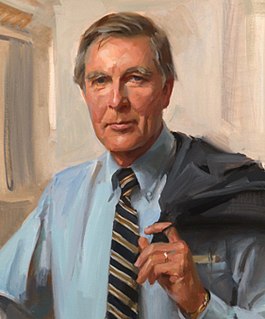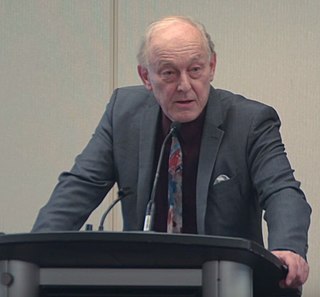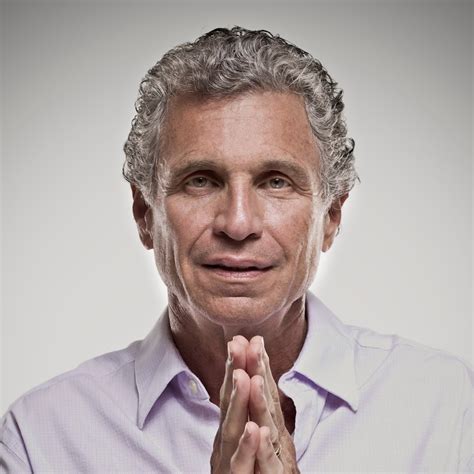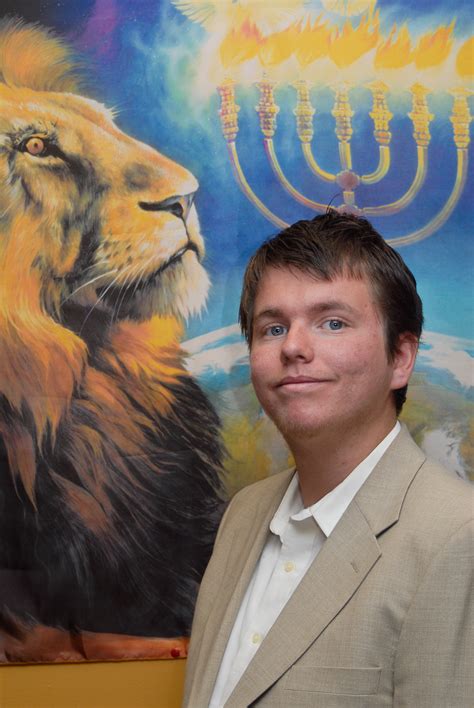A Quote by Khaled Hosseini
I lay no claim, it should be clear, to being a historian. So in my books, the intimate and personal have been intertwined inextricably with the broad and historical.
Related Quotes
The leading, the most respected Vietnam historian, military historian Bernard Fall -he was a hawk incidentally, but he cared for the Vietnamese - he said it wasn't clear to him whether Vietnam could survive as a historical and cultural entity under the most massive attack that any region that size had ever suffered. He was talking about South Vietnam, incidentally.
If one were to claim that the U.S. occupation forces in Iraq have been provided with "keys to heaven" by the Pentagon, would that need historical research to be disproved or would you just say, "That's just propaganda"? Indeed, how can you disprove the claim that U.S. soldiers have such keys? Or why should you disprove such ridiculous claims? It is the accusers who must provide the evidence.
. . . What role does historiography play in the way a society and culture "remembers" past events? Does the historian have a moral or civic responsibility to this project of memory that ought to influence the way he or she engages in historical practice? Should moral concerns influence the historian's choice of subject matter, of issues to discuss, of evidence to use?
It is one thing to write as poet and another to write as a historian: the poet can recount or sing about things not as they were, but as they should have been, and the historian must write about them not as they should have been, but as they were, without adding or subtracting anything from the truth.
I loved you so much once. I did. More than anything in the whole wide world. Imagine that. What a laugh that is now. Can you believe it? We were so intimate once upon a time I can't believe it now. The memory of being that intimate with somebody. We were so intimate I could puke. I can't imagine ever being that intimate with somebody else. I haven't been.






































